National Private Sector Development Specialist at WHO; In April 2024, the World Health Organization (WHO) posted a job opportunity for a National Private Sector Development Specialist. This role is crucial in supporting sustainable economic growth and improving livelihoods in Tanzania. Let’s delve into the details of this position and its significance.

Job Details
- Position: National Private Sector Development Specialist
- Job Posting Date: April 26, 2024
- Closure Date: May 11, 2024, 12:59:00 AM
- Organizational Unit: FAO Representation in Tanzania (FRURT)
- Job Type: Non-staff opportunities
- Requisition Type: PSA (Personal Services Agreement)
- Grade Level: N/A
- Primary Location: Tanzania, United Republic of
- Duration: 45 days
- Post Number: N/A
Key Considerations
1. Diversity and Inclusion
- FAO (Food and Agriculture Organization) values diversity and encourages applications from individuals of different genders, nationalities, backgrounds, and cultures.
- Qualified female applicants, nationals of under-represented Members, and persons with disabilities are particularly encouraged to apply.
2. Professional Conduct
- All FAO staff, including the National Private Sector Development Specialist, must adhere to the highest standards of integrity and professional conduct.
- FAO has a zero-tolerance policy for conduct incompatible with its status, objectives, and mandate, including sexual exploitation and abuse, harassment, and discrimination.
3. Confidentiality and Rigorous Checks
- Selected candidates will undergo rigorous reference and background checks.
- All applications will be treated with strict confidentiality.
4. Organizational Authority
- FAO staff are subject to the authority of the Director-General, who may assign them to various activities or offices within the organization.
Organizational Context
Over the past two decades, global fisheries and aquaculture production have seen significant growth. However, several challenges persist:
- Gender Mainstreaming: Ensuring gender equity in fisheries and aquaculture.
- Market Access: Facilitating access to markets for fish products.
- Food Safety: Addressing safety concerns throughout the value chain.
- Value Addition: Enhancing value creation from aquatic resources.
- Working Conditions: Improving conditions for those involved in the sector.
- Risk of Over-Exploitation: Balancing resource use sustainably.
The FISH4ACP Project
- Launched in January 2020, the FISH4ACP Project aims to enhance fisheries and aquaculture value chains in ACP (African, Caribbean, and Pacific) countries.
- Key Objectives:
- Improve stakeholders’ understanding of value chain dynamics.
- Boost economic performance of micro, small, and medium-sized enterprises (MSMEs) through better market access and conducive business environments.
- Enhance social sustainability within value chains.
- Promote environmental sustainability by managing natural resources and considering climate change.
- Facilitate MSMEs’ access to finance and investment.
Case Study: Lake Tanganyika Value Chain Analysis
- In 2020, the FISH4ACP program initiated a comprehensive value chain analysis (VCA) of the Lake Tanganyika dagaa (small fish) and perch fishery value chain in Tanzania.
- The VCA methodology draws from FAO’s Sustainable Food Value Chain (SFVC) approach and the European Commission’s value chain analysis framework.
In summary, the National Private Sector Development Specialist at WHO plays a pivotal role in advancing sustainable fisheries and aquaculture practices, benefiting both communities and ecosystems in Tanzania.




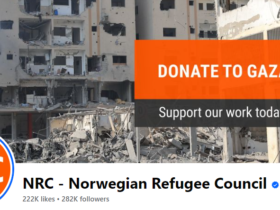



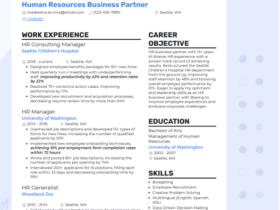
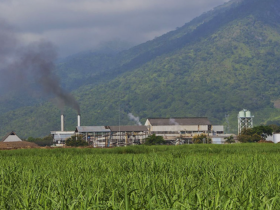
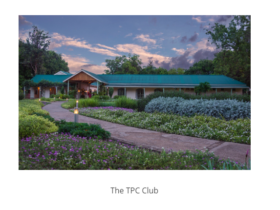


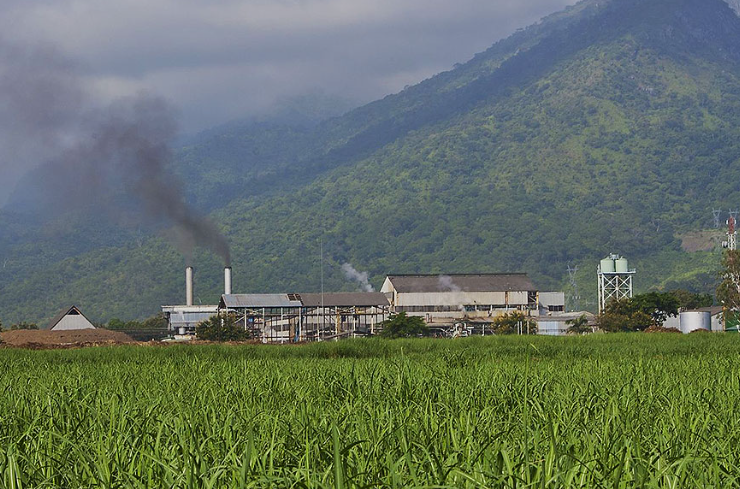

Leave a Reply
View Comments